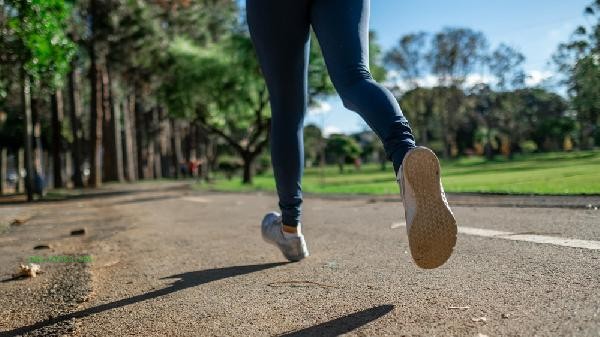The benefits of running for the body mainly include enhancing cardiovascular function, promoting metabolism, improving mental health, controlling weight, and boosting immunity. Running is a simple and effective aerobic exercise that is suitable for most people.

1. Enhance cardiovascular function
Running can improve the pumping efficiency of the heart, increase lung capacity, and long-term adherence can reduce the risk of cardiovascular disease. Regular aerobic exercise can improve blood circulation, reduce the probability of arteriosclerosis, and have a positive effect on preventing hypertension and coronary heart disease. An increase in respiratory rate during running helps to enhance the oxygen exchange capacity of the lungs.
2. Promote Metabolism
Running can accelerate energy consumption in the body and help maintain blood sugar stability. During exercise, the utilization rate of glucose by muscles increases, insulin sensitivity is enhanced, and it helps prevent metabolic syndrome. After running, the basal metabolic rate will continue to increase for several hours, which is beneficial for fat breakdown and energy metabolism.
3. Improving mental health
Running can stimulate the secretion of endorphins, produce a sense of pleasure, relieve stress and depression. Outdoor running in contact with the natural environment helps to relax and improve sleep quality. Long term adherence to running can enhance willpower, boost self-confidence, and self-efficacy.

4. Weight Control
Running is an efficient fat burning exercise that can burn a lot of calories per hour, helping to reduce body fat content. Running with a balanced diet can effectively prevent and improve obesity. Long term runners have increased muscle mass and basal metabolic rate, making it easier to maintain a healthy weight.
5. Boosting Immunity
Moderate running can enhance immune cell activity and improve the body's resistance. Regular exercise can reduce the probability of upper respiratory tract infections and accelerate recovery after illness. But it is necessary to avoid overtraining to prevent temporary decline in immune system function.

When running, one should choose suitable venues and equipment to avoid outdoor running when air pollution is severe. Beginners suggest starting with brisk walking and gradually increasing the running time and intensity. Warm up and stretch before and after running to prevent sports injuries. Maintaining a running frequency of 3-5 times a week, with each run lasting 30-60 minutes, is the most ideal. Pay attention to replenishing water during running and adjust the intensity of exercise according to personal constitution. Middle aged and elderly people as well as patients with chronic diseases should consult before running to ensure exercise safety. Supplementing protein and carbohydrates appropriately after running can help with muscle recovery and energy supplementation. Long term running should be combined with strength training, maintaining exercise diversity, avoiding running in extreme weather conditions, paying attention to body signals, and preventing excessive fatigue.





Comments (0)
Leave a Comment
No comments yet
Be the first to share your thoughts!